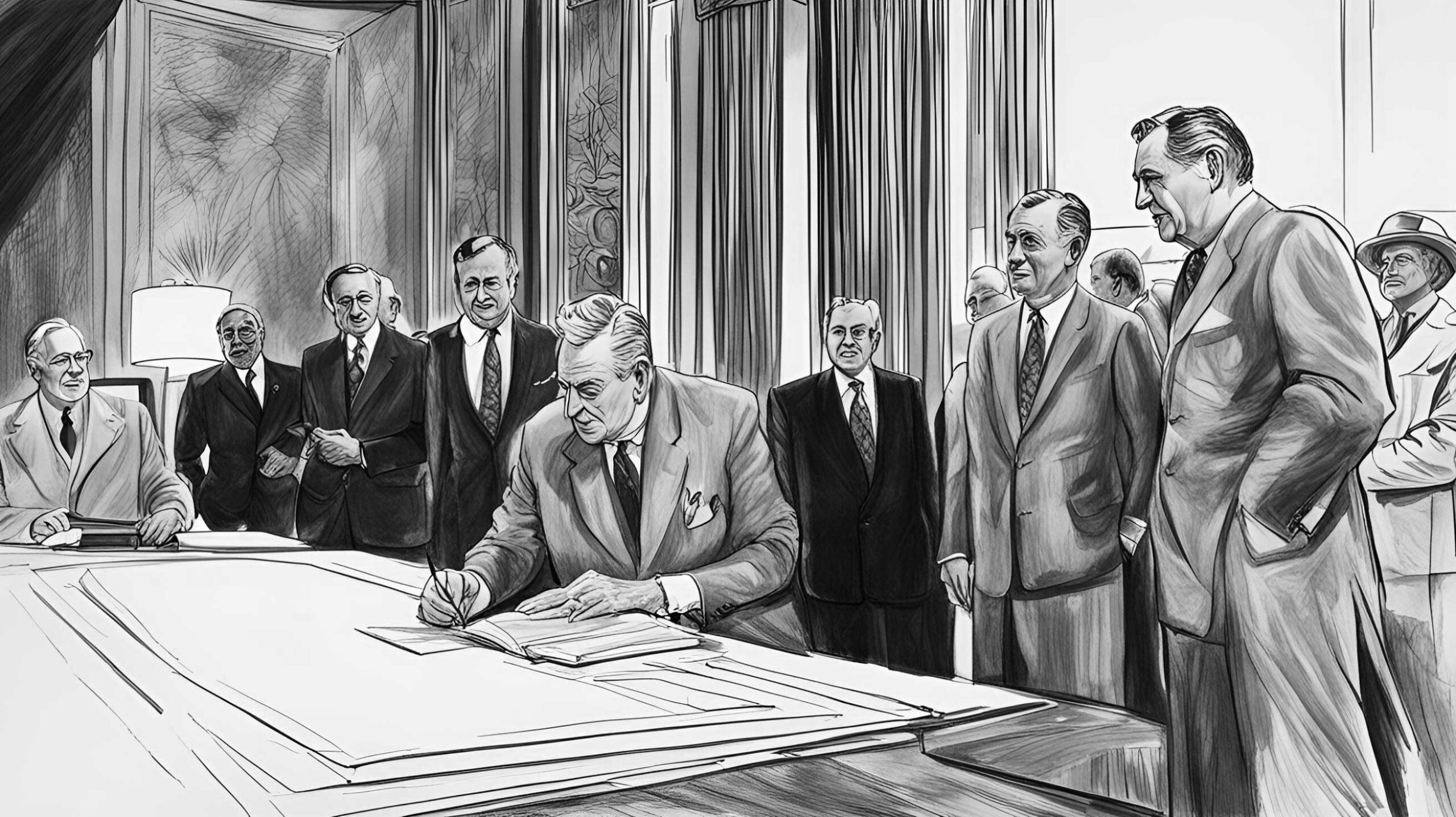Flashback to December 26
American History

The inaugural doors of Georgetown University, the first Catholic college in the United States, opened on November 15, 1791. The landmark event represents an intriguing chapter in the United States’ historical narrative of religious education as it marks the inception of Catholic higher education.
In the late 18th century, Georgetown University emerged in a predominantly Protestant land, symbolizing a significant stride for the Catholic community. Founded by John Carroll, the nation’s first Bishop and later Archbishop, Georgetown embraced the vision to establish an “academy or college” to educate and prepare future generations of Catholics in America.
Positioned in the heart of the nation’s capital, Washington D.C, Georgetown University became a fulcrum of intellectual and cultural growth. Its establishment paved the way for Catholic education to assert its standing within the traditionally Protestant landscape of the United States. As a powerhouse of research and academia, Georgetown has played a significant role in shaping influential religious and academic leaders in America and far beyond.
Of note, the founding of Georgetown University is significant as it predated the establishment of the American Catholic Church hierarchy. When Georgetown University commenced classes, the Catholic Church had not yet instituted dioceses or archdioceses in the U.S.—a testament to the pioneer spirit of the university.
As the first Catholic college in the U.S., Georgetown University set the foundation for understanding higher education from a Catholic perspective. The core principles of social justice, service to others, and intellectual discovery as informed by religious belief propelled the university — and Catholic education — into the spotlight. Boasting a legacy of academic excellence, Georgetown embodies a blend of faith and intellect, which is the cornerstone for many of its revered traditions and customs.
Georgetown’s influence on the American educational landscape is considerable. Since opening its doors in 1791, it has nurtured an environment that fosters spiritual growth entwined with a commitment to academia. The graduates and alumni of Georgetown University have made substantial contributions to society, across a wide range of disciplines including politics, law, medicine, and the arts.
Today, Georgetown University upholds the Jesuit tradition of learning, ethics, and service, striving towards the creation of a more inclusive and understanding world. Its unique blend of rigorous academic study and spiritual enrichment encourages students to think critically, examine their values, and apply their knowledge in service of the common good. Over the centuries, Georgetown University has not only met the changing needs of students but has continuously set trends in higher education.
Georgetown’s vibrant community of scholars and learners stand testament to the university’s origins in 1791. This magnificent institution has transcended the bounds of religious education, becoming synonymous with the highest standards of academic excellence — a testament to its enduring legacy as the first Catholic college in the United States.
We strive for accuracy. If you see something that doesn't look right, click here to contact us!
Sponsored Content

US forswears armed intervention…
On December 26, 1933,…

Wood-pulp paper first exhibited,…
Experience the historic milestone…

American Revolution: The British…
Experience the pivotal moments…

Harold B Lee, US…
"US Mormon Church leader,…

Maiden voyage of first…
Commodore Cornelius Vanderbilt set…

Federal government took over…
On December 26, 1917,…

